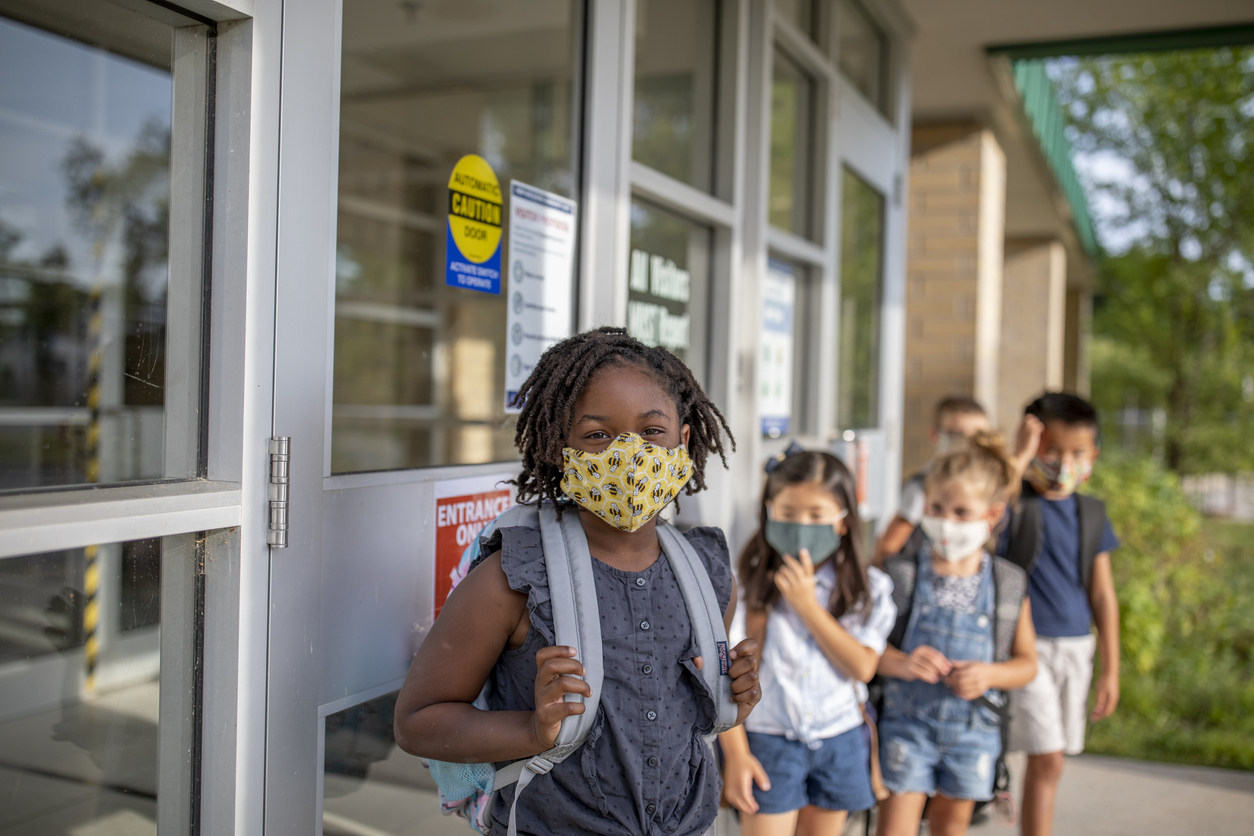As students prepare to return to in-person school, many families still have concerns over vaccination rates and mask rules due to the recent spike in COVID cases in our community. This continued stress and the uncertainty of each day can potentially become an issue parents need to watch for as the public health crisis continues.
“We saw how children started to share many of the same reactions and fears of their parents at the onset of the pandemic,” said Beverly Hutchison, Executive Director of Dee Norton Child Advocacy Center. “Caregivers with an open communication style were able to help children understand and process the change so they could better manage that stress. This will continue to be important should we face similar changes this fall.”
During this time of uncertainty, Dee Norton recommends the following tips to help promote a sense of safety and security in school-age children:
- Talk to your children about what is happening with school and with the pandemic. Talk about what’s new this year. Talk about what will be the same. Be honest and reassure them that the adults in their lives continue to look at the risks and to make decisions to keep everyone safe.
- Minimize exposure to the news about the current health crisis around kids. Although families need to stay informed, parents are encouraged to be aware of children’s time on social media and watching media coverage related to COVID and/or school changes. Limit exposure if they have a concern that the exposure might promote fear or panic.
- Keep to a regular family routine as much as possible. A lot of change at one time can overwhelm children. When school starts, make sure that the family keeps to a routine and children get enough sleep, eat regularly, drink plenty of water and get frequent exercise. Then, if school becomes virtual again, make sure to keep the routine at home.
-
Talk to your children about masks. Different schools have different guidelines regarding masks. While it is ultimately up to the parents and caregivers to decide whether their child should wear a mask in Charleston County, teachers cannot enforce it. Have an open conversation with your child about why some people wear masks and others are not. Discuss what they feel comfortable doing.
Caregivers should keep the below tips in mind to establish a safe communication environment, so their child feels comfortable sharing information and expressing concern:
- Encourage ongoing, open communication. Encourage them to come to you if they are uncomfortable with a new or changing situation.
- Talk about their feelings and validate these.
- Explicitly share the job of a parent or caregiver versus a child. Let the child know that it is a parent’s job to make difficult decisions, and the child’s job is to have fun with friends, do their homework, and share how they feel.
- Manage personal anxiety and stress to avoid clouding a child’s judgment. Remember, there are no right decisions, especially in a pandemic.
- Model open, calm communication. Everyone gets upset at times. When you are upset, model self-calming techniques for your children and your children may be more likely to share openly with you.
- Review your family’s safety and boundary rules. Starting back to school is always a good time to talk about good boundaries and make sure your child is aware of the mask rules at their school.



